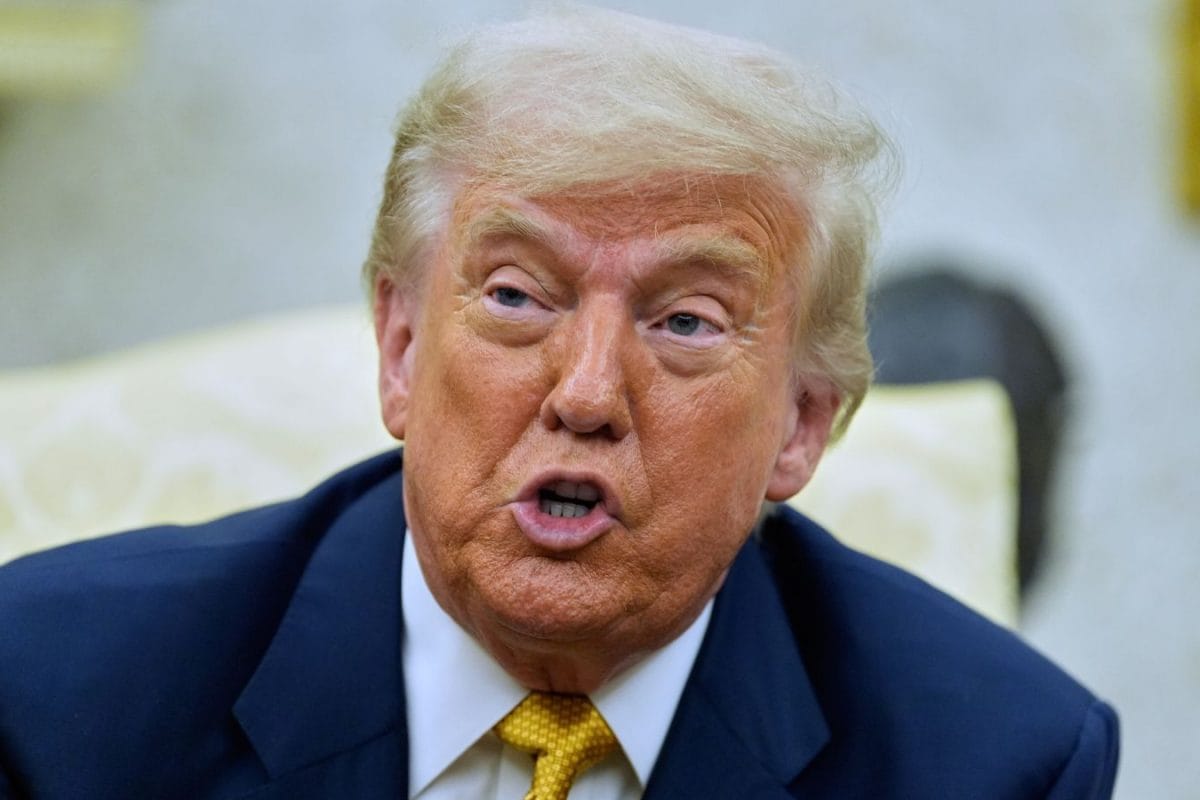

Reports indicate that India's state-run oil refiners have ceased purchasing Russian crude oil in the past week, a development occurring amidst shrinking discounts and increasing pressure from the United States in the form of threatened tariffs and sanctions. Former U.S. President Donald Trump has warned countries, including India, against buying oil from Moscow, especially as the conflict in Ukraine continues.
India, the world's third-largest oil importer, has become a significant buyer of seaborne Russian crude, providing crucial revenue for Russia during its involvement in the war in Ukraine. However, this reliance on Russian oil is now being reconsidered by Indian state refiners, which include Indian Oil Corp, Hindustan Petroleum, Bharat Petroleum, and Mangalore Refinery Petrochemicals Ltd. These refiners have not sought Russian crude recently, opting instead for the spot market to fill supply gaps. They are reportedly increasing purchases from Middle Eastern OPEC members and West African producers.
Several factors are contributing to this shift. Firstly, the discounts on Russian crude have decreased to their lowest levels since 2022, diminishing the economic advantage for Indian refiners. Secondly, the U.S. has been explicit in its disapproval of countries continuing to purchase Russian oil. On July 14, 2025, Trump threatened to impose 100% tariffs on countries that buy Russian oil unless Moscow reaches a major peace deal with Ukraine. Earlier, Trump announced 25% tariffs on Indian imports. He stated he did not care about India’s trade dealings with Russia, suggesting both economies could suffer together.
While state refiners are pausing their purchases, private refiners like Reliance Industries and Nayara Energy, the latter being majority-owned by Russian entities, still maintain annual deals with Moscow and remain the largest buyers of Russian oil in India. In the first half of 2025, private refiners purchased nearly 60% of India's average of 1.8 million barrels per day of Russian oil imports, while state refiners bought the remaining portion.
This potential shift in India's oil import strategy could have significant implications. It could impact supply dynamics and geopolitical energy ties, as India explores alternative sourcing options. Some reports indicate that payment issues and demands from Russian suppliers for payments in Chinese yuan or UAE dirhams are also contributing to the pause. Additionally, there are concerns that India refines Russian oil and exports it to the EU and the US. This situation developed even before Trump's tariff announcement, indicating behind-the-scenes conversations between the US, EU, and India.